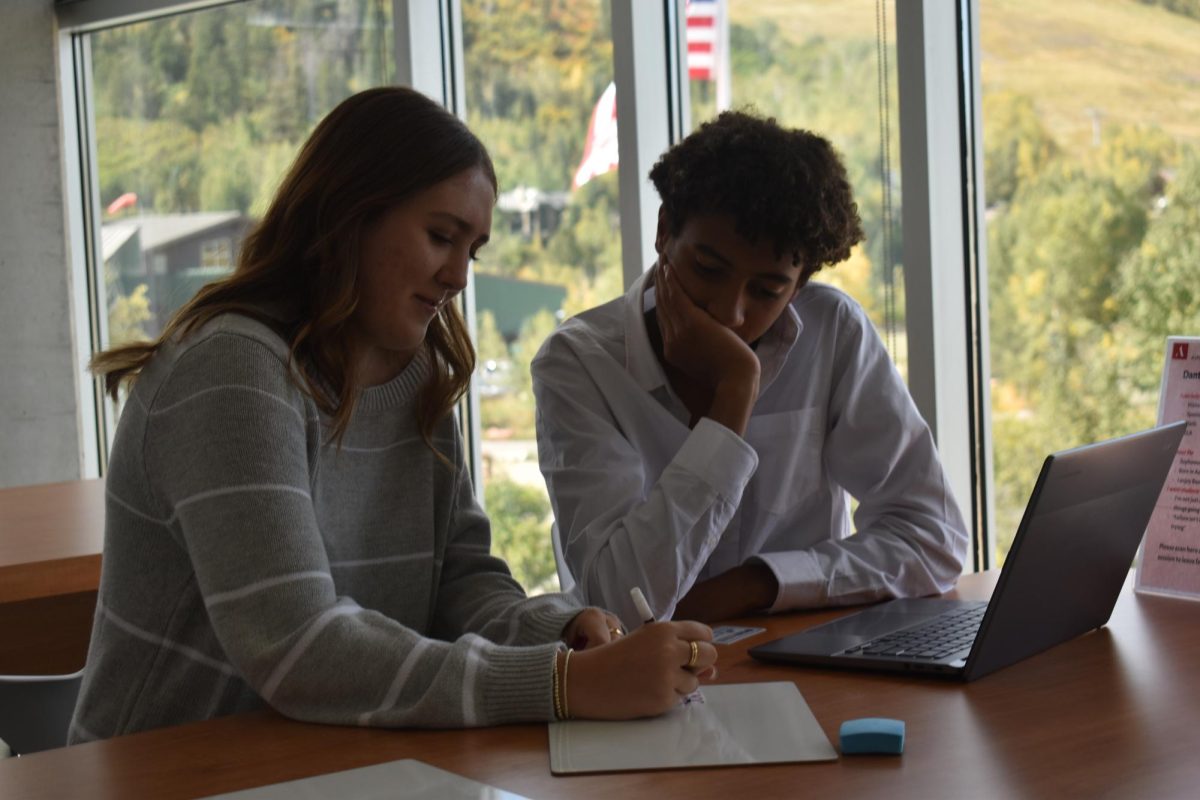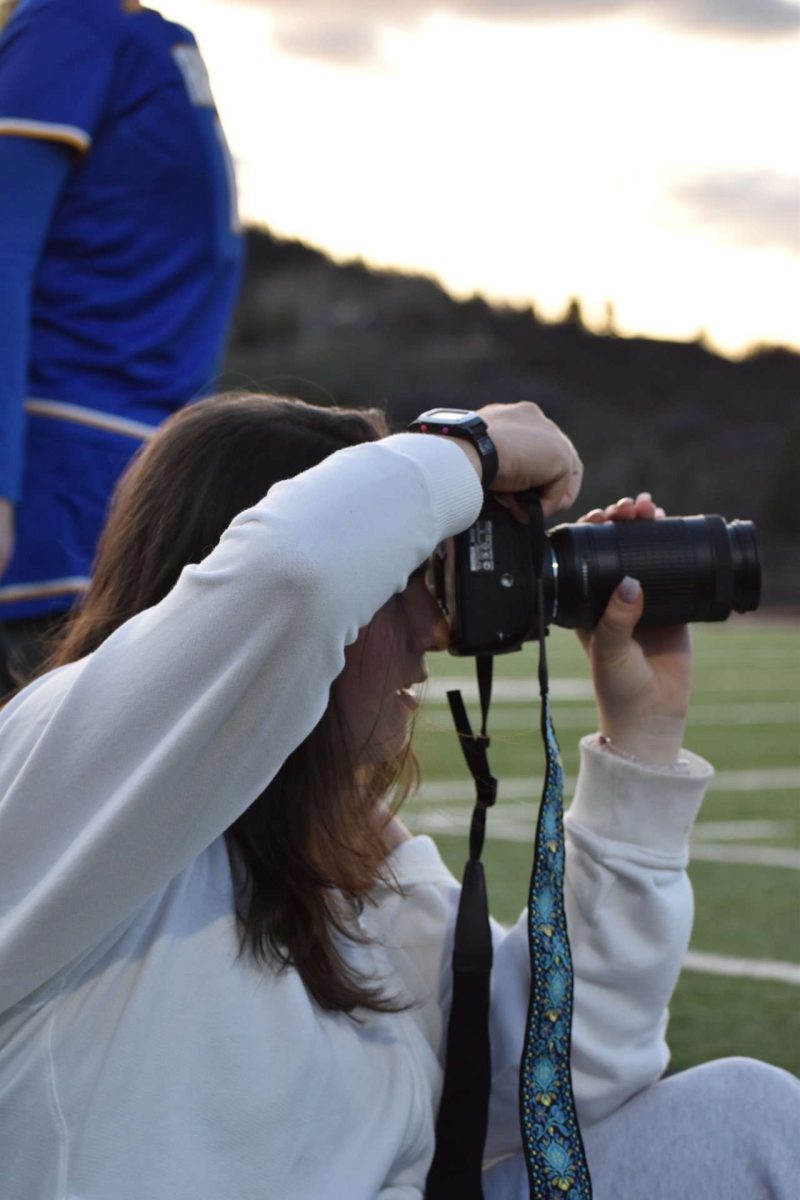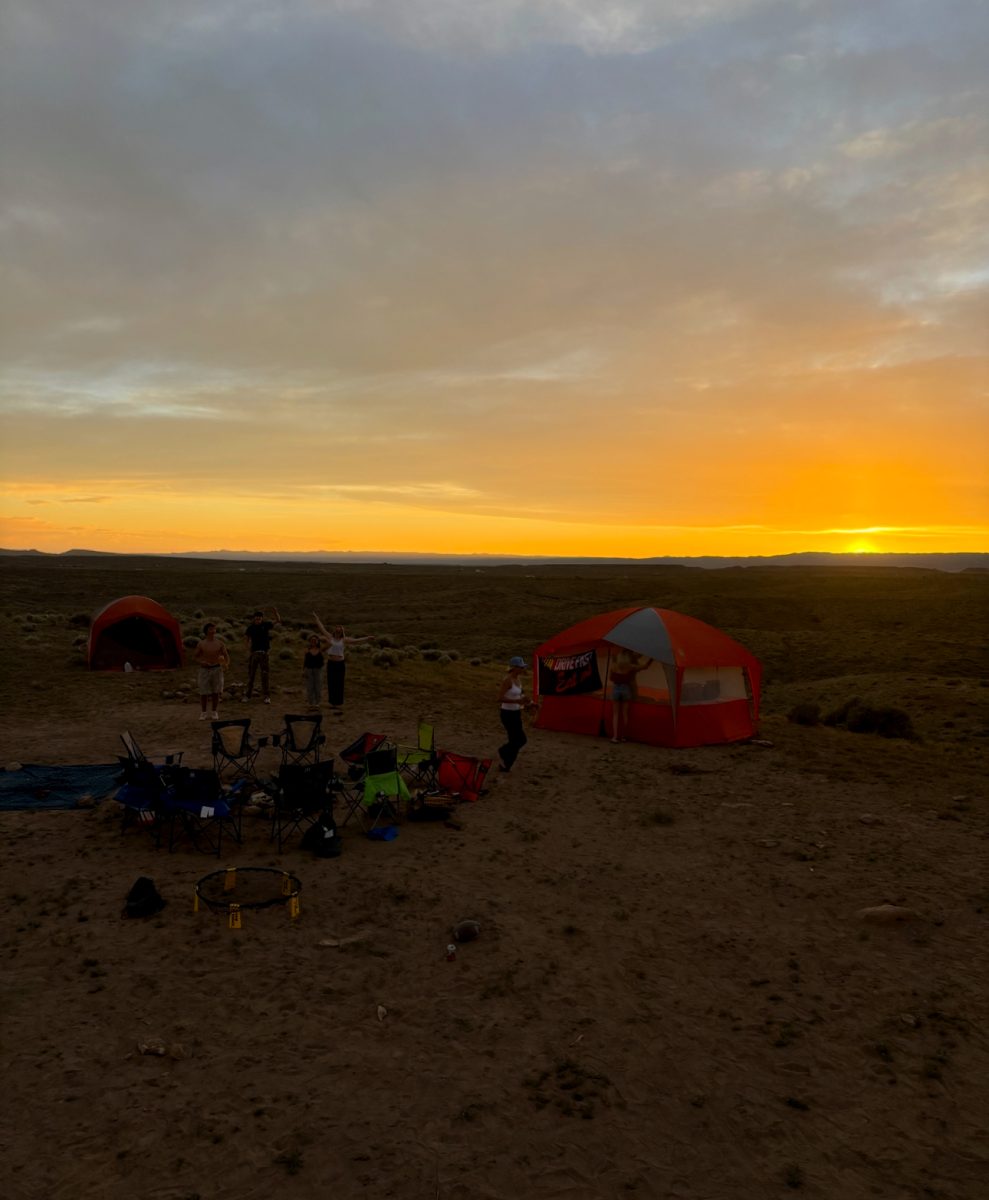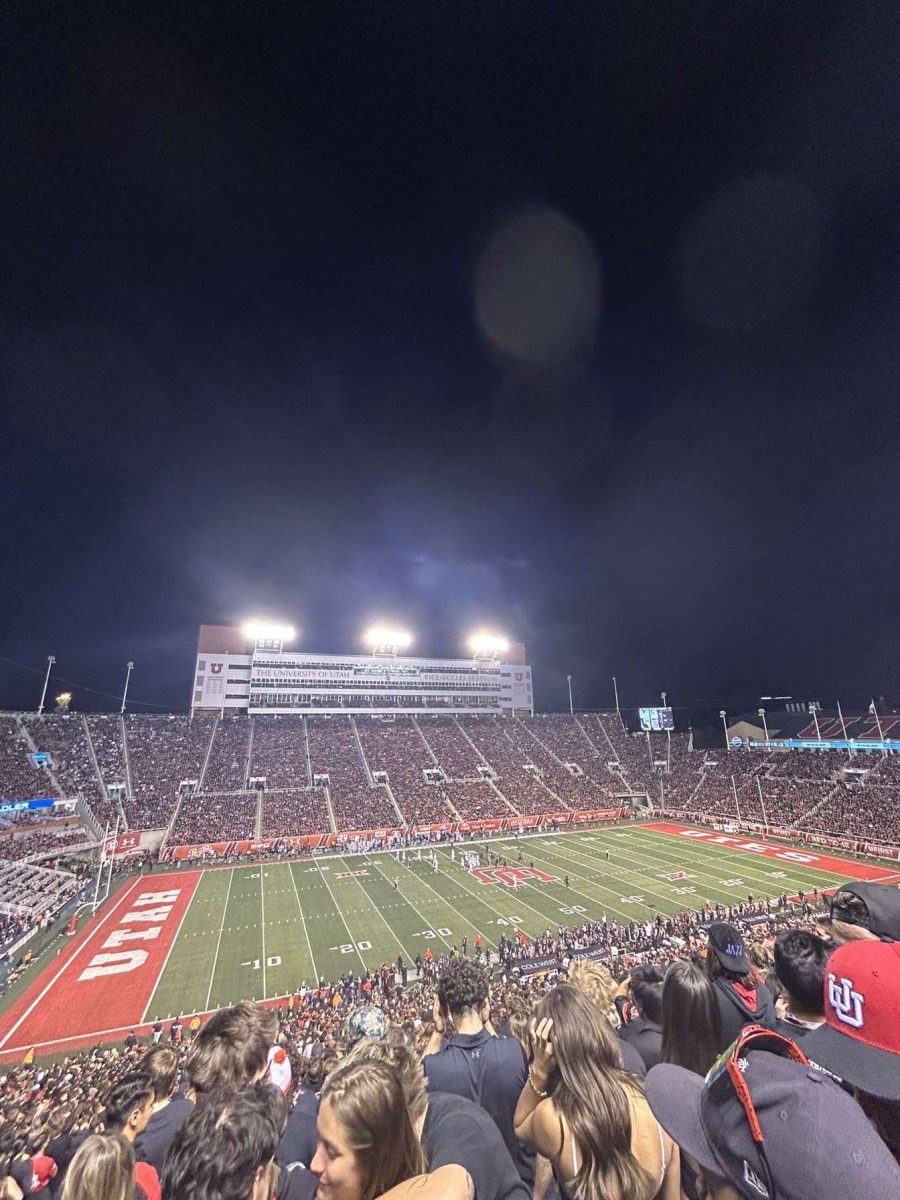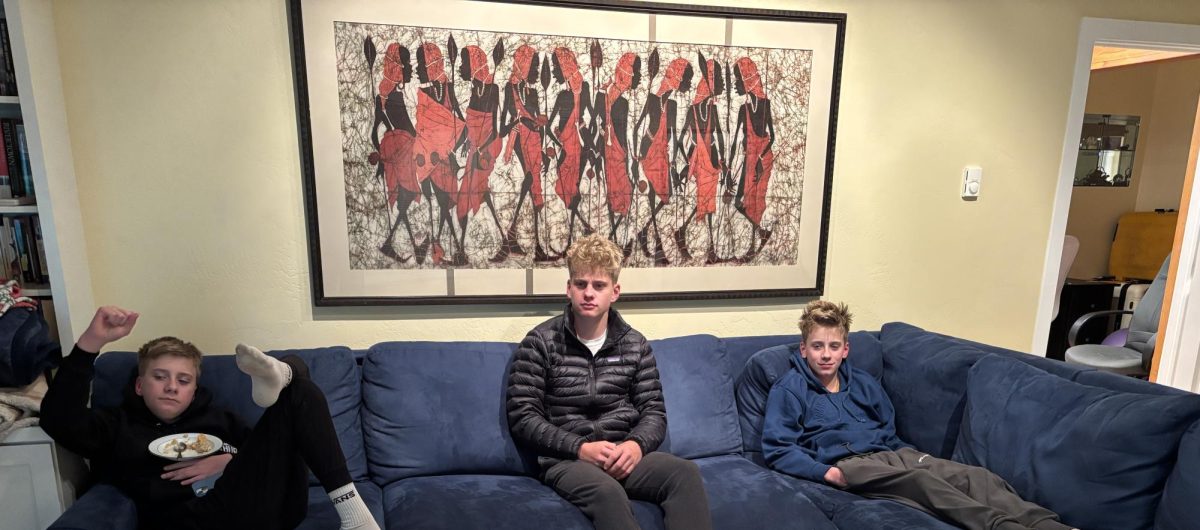2020 warped our conception of time
In a virtual world, the pandemic is warping our conception of time. A number of psychological factors involved, psychology teacher says
This article was originally published in the Snowmass Sun.
Time seemed to be an unchanged and universal concept that governs our daily lives. This construct has remained unquestioned — that is, until the year 2020 came along.
“While those individual days might feel longer, overall when you look back on it, it’s likely going to feel like this blur because you can’t distinguish one (day) from the next,” said Sarah Ward, who teaches psychology through the International Baccalaureate program at Aspen High School. “You can’t break apart these smaller moments,” said Ward.
(Editor’s note: Ward is also the faculty advisor for the Skier Scribbler, Aspen High School’s student newspaper.)
Among all of the events that unfolded last year, the relentless year of 2020 managed to warp people’s perception of time itself. According to Ward, a number of psychological factors could have caused this sensation of time passing by slower or faster than usual.
For one, emotions can skew our memory, or cause people to remember things differently.
“Our emotions can play a really large role, and so I would imagine that the high emotional quality of everything that’s been going on this year could definitely have an impact on why it is affecting our perception of time,” Ward said.
There’s another factor melting the hands on the clock, too: Identical days hinder one’s perception of time, and similar — if not identical — daily schedules are almost unavoidable within the realm of online learning.
Due to virtual and hybrid learning models, students like us spend most of our day in front of the computer, repeating class schedules day by day.
AJ Smith, a junior at Aspen High School, recognizes the effects repetitive online schedules are having on him.
“I feel like I am not obtaining as much knowledge because online school feels like a lot less school when I look back on it, which makes all of the days blur together,” Smith said. “But sitting in front of the computer all day feels longer as it happens.”
Repetition is likely contributing to the blur, according to British author Claudia Hammond, the author of Time Warped: Understanding the Mysteries of Time Perception.
“This blurring of identical days leads us to create fewer new memories, which is crucial to our sense of time perception,” Hammond wrote in an article for BBC Future. “Memories are one of the ways that we judge how much time has passed.”
And it can be hard to create new memories from the same spot in the same house every day. Although many students and workers are still engaging in daily business, they remain at one location with little engagement with the outside world. In turn, it feels as if time has zoomed by.
Data supports the anecdotal evidence, too.
According to a study conducted by Liverpool John Moores University, the significant changes in daily life during lockdown in the United Kingdom affected people’s perception of time. 81% of the study’s participants reported a distortion in their sense of time: 40% reported time passed more slowly than normal, and 41% reported that time passed more quickly than normal. Only 19% of the study’s participants felt that time was passing at a normal rate during lockdown.
Whether stuck in lockdown or teaching and learning online, people like Ward, Smith and the participants in the Liverpool University study are experiencing varying perceptions of the time passing around them.
And with a long road ahead in 2021, this warped perception of time could tell an intriguing story in the months to come.
“Time changing through my eyes, and maybe other people’s, is very strange,” Smith said. “I wonder what this will mean for 2021”.
Hannah Smith is a junior at Aspen High School and is a contributor to the Skier Scribbler school newspaper. This is her second year with the paper.

Hannah Smith is a senior at AHS and an Editor-In-Chief of the Skier Scribbler. This is her third year writing for the paper. In her free time, Hannah loves...

